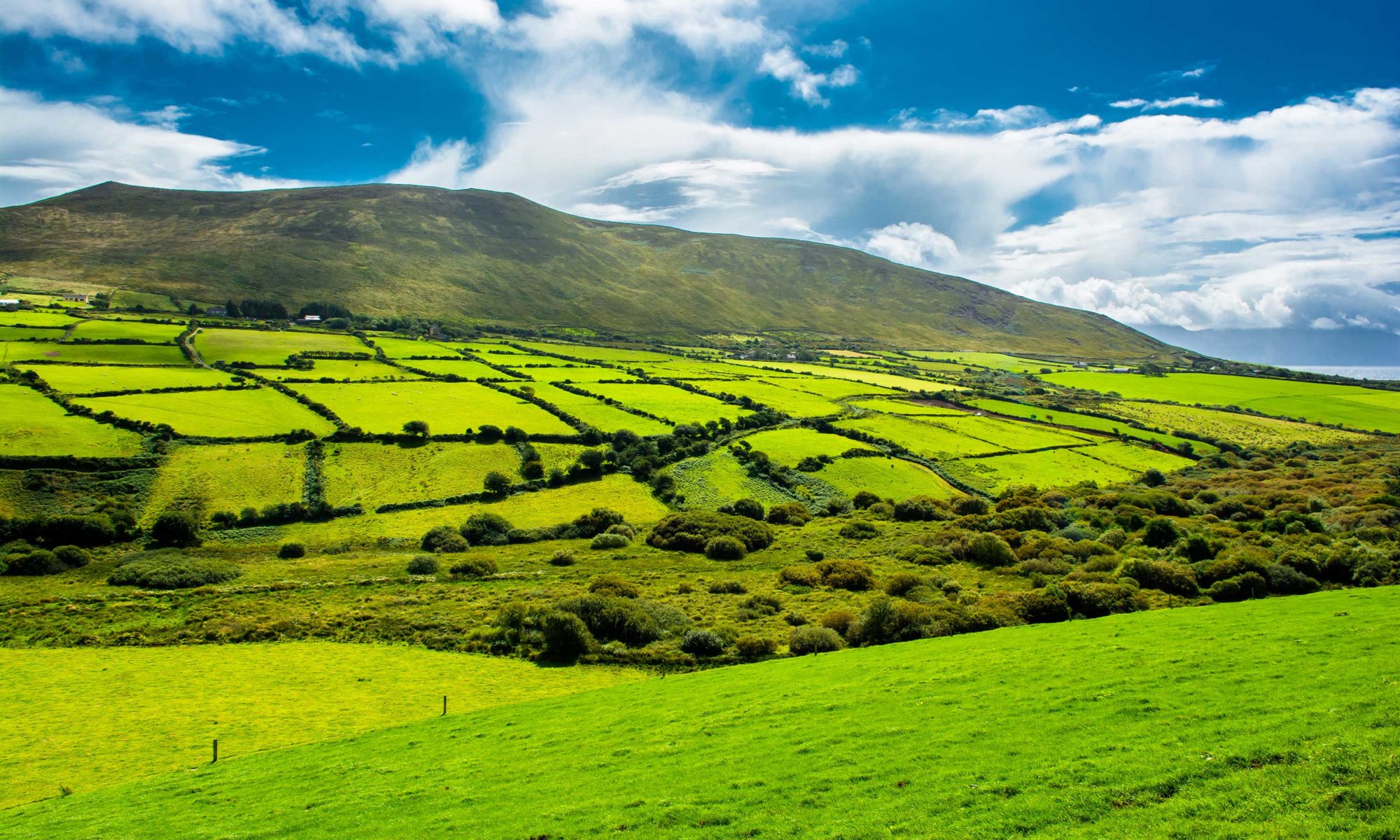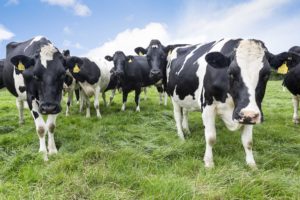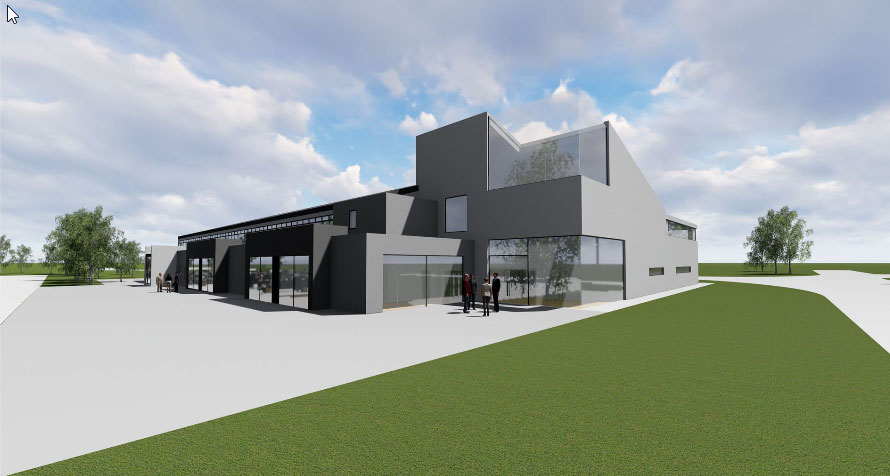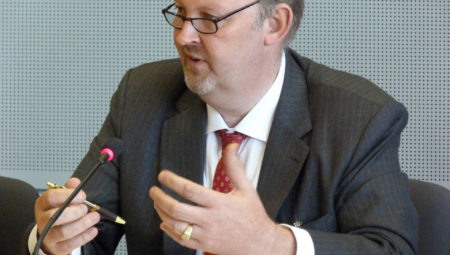And yet this sector too is vulnerable. To date there has been no overarching strategy for providing support to the bio-economy as a whole, or for developing it further and strengthening it against recessions. That is why the Irish government presented the National Bioeconomy Strategy in March. It aims at increasing the added value of the bio-economy through the development of new value chains in which green sectors like agriculture, food, forestry and fishing are linked to new industries such as bio-based chemicals, materials and renewable energy.
Value chains
The government supports these kinds of cross-overs in the expectation that they will benefit the economy as a whole, reduce waste, create employment and increase the production, export and level of sustainability of the Irish economy at the same time. The final report, ‘The Irish Bioeconomy – Definition, Structure, and Situational Analysis,’ identifies various existing and new promising value chains for that purpose. What needs to be emphasised now?
‘It is not a case of either/or,’ says Kevin O’Connor, director of the Irish Bioeconomy Research Centre (BEACON), chairman of the Scientific Committee of Biobased Industries Joint Undertaking and bio-economy policy adviser to the Irish prime minister. ‘It will depend on the bio-based resource used and the product target market. But I think that the use of waste and side streams in particular to create higher-value products will create new value chains and improve existing value chains.’ One example of such a project is AgriChemWhey.
Pilot-scale facility
The Irish national government stimulates these kinds of developments and provides support for fundamental research directed towards the industry through the BEACON science foundation, and also subsidises the construction of pilot-scale facilities such as that at the Bioeconomy campus at Lisheen, county Tipperary. This campus occupies the site of a former mine and now forms the headquarters of the Irish Bioeconomy Federation (IBF), a non-profit organisation in which industry, academics and government work together to advance the Irish bio-based economy. The pilot-scale plant will be put into operation in the first quarter of 2019 and is intended to play a major part in scaling up new technologies, from laboratory scale and proof of concept to industrial scale.
This cooperation, following the Dutch model, is characteristic of the Irish bio-based economy. ‘It is not about winners or losers,’ says O’Connor. ‘I believe that the Irish government has put the right infrastructure in place so that research institutes and large and small businesses can collaborate and seize the opportunities in the areas where Ireland has strength: agrifood and sea fishing.’
Stable growth
One of the big challenges this involves is to ensure that primary producers, such as agriculture and fishing, can also benefit from these new developments. Until now they have been as good as invisible in the bio-based economy, while they are the primary producers of biomass. Indeed, there seem to be conflicting interests: the industry wants cheap, readily available biomass, but in O’Connor’s view that must not result in the producers of this biomass being bled dry. They should also have the chance to benefit from the returns of the value-added product which is the end result of the processing of their biomass.
‘Farmers and their organisations need to think about how they are structured and negotiate more effectively for a good price for their products. The formation of joint ventures, retraining and reskilling are crucial to moving these biomass producers higher up the value chain, closer to the end product where the vast majority of the profits are made. It means that the farmers and the sector have to work together with universities and other knowledge institutes to develop new knowledge, business models and technical skills. Only then will they be able to grow their businesses more stably and support the development of rural communities.’
This article was created in cooperation with Bio-Based Industries Consortium





